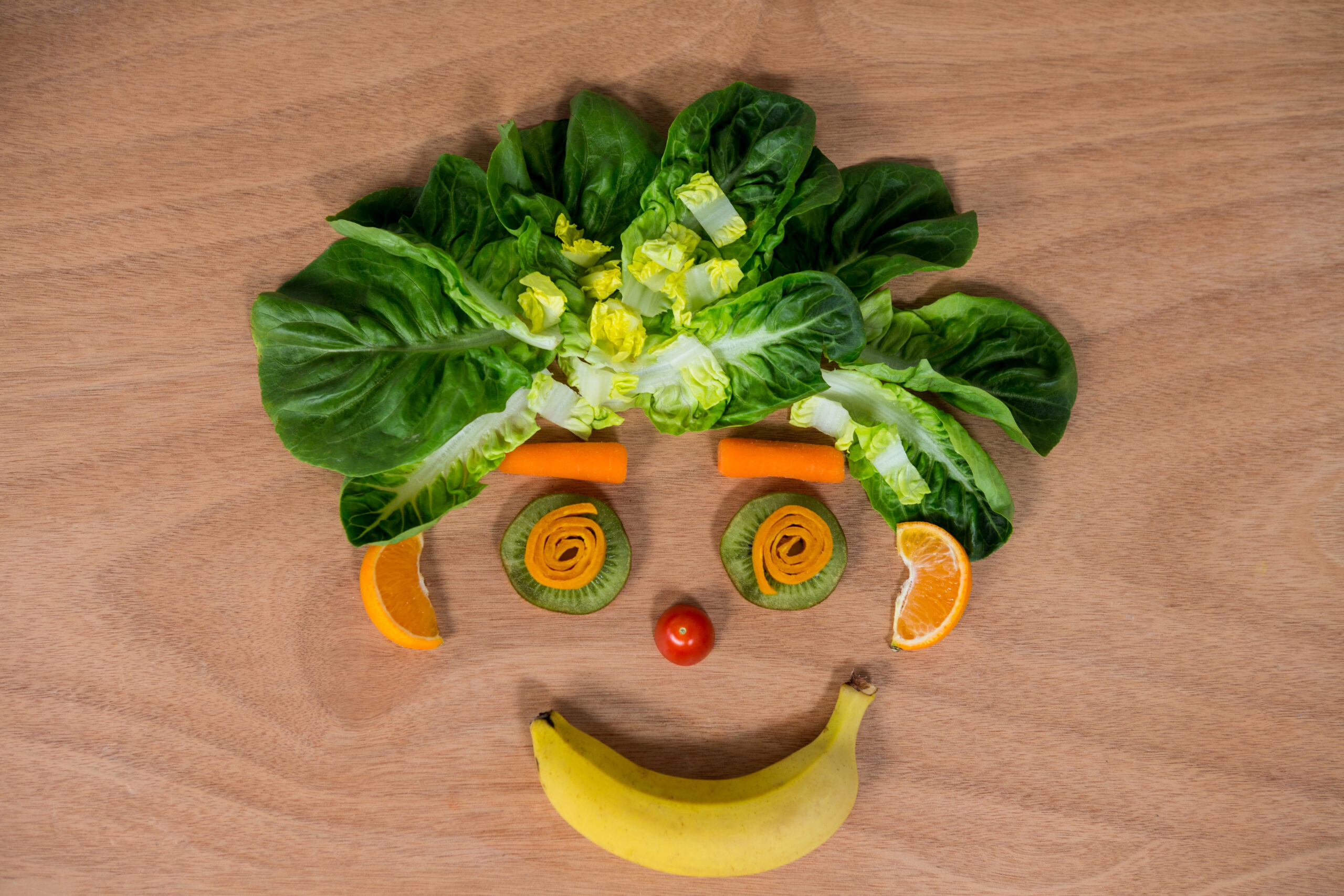The Fascinating Connection Between Food and Mood
Did you know that the food you eat plays a significant role in how you feel mentally and emotionally? The link between food and mood is far more profound than simply enjoying your favorite dish. What you consume directly affects your brain, hormones, and overall mental health. Let’s uncover the science behind how your meals shape your emotions and learn how to create a diet that promotes happiness and balance.
How Food Affects Your Brain
Your brain is the control center of your emotions, and it thrives on the nutrients you provide. Eating unhealthy foods, such as those high in sugar, unhealthy fats, and processed ingredients, can disrupt brain function and contribute to feelings of anxiety and depression. Conversely, whole, nutrient-rich foods provide the brain with the fuel it needs to regulate mood, focus, and stress levels.
The Role of Nutrients in Emotional Well-Being
- Omega-3 Fatty Acids
- Found in salmon, walnuts, and flaxseeds, omega-3s are vital for brain health and can help reduce symptoms of depression and anxiety.
- Complex Carbohydrates
- Whole grains, legumes, and vegetables release glucose slowly, keeping your energy levels stable and preventing mood swings.
- Vitamins and Minerals
- Vitamin B12, folate, and magnesium are essential for maintaining a balanced mood. They can be found in leafy greens, bananas, and nuts.
- Probiotics
- A healthy gut is closely linked to a happy mind. Yogurt, kimchi, and fermented foods support gut health, which in turn impacts your emotional state.
Foods That Can Negatively Impact Your Mood
- Sugary Treats
- While sugar provides a quick energy boost, it often leads to a crash that can leave you feeling irritable and tired.
- Processed Foods
- Packed with unhealthy fats and additives, these foods can increase inflammation and disrupt brain function.
- Caffeine Overload
- Although moderate caffeine can improve focus, excessive consumption can lead to anxiety and restlessness.
Tips to Improve Your Mood Through Food
- Eat Balanced Meals
- Incorporate a mix of proteins, healthy fats, and carbohydrates to keep your energy levels consistent.
- Stay Hydrated
- Dehydration can cause irritability and fatigue, so drink lots of water throughout the day.
- Practice Mindful Eating
- Pay attention to what and how much you eat, avoiding emotional or stress-driven overeating.
- Limit Alcohol Consumption
- Alcohol can temporarily affect mood and exacerbate feelings of anxiety and sadness.
Food and Mood: A Two-Way Relationship
Interestingly, the connection between food and mood works both ways. Just as your diet influences your emotions, your emotional state often dictates your food choices. Stress may lead you to crave unhealthy comfort foods, while happiness might inspire healthier eating habits. Being aware of this cycle can help you make more mindful dietary decisions.
Also Read: Warning: Never Eat These 5 Foods with Chia Seeds!
Conclusion
The relationship between food and mood highlights the importance of a balanced, nutrient-rich diet. By choosing the right foods, you can not only improve your physical health but also boost your mental and emotional well-being. Next time you sit down to eat, remember that what you put on your plate has the power to shape how you feel.







Leave a Reply